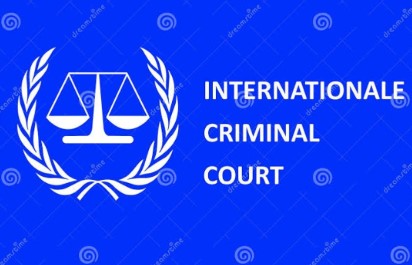
Human Rights Advocates Challenge Trump’s ICC Sanctions Order in U.S. Federal Court
- World News
- April 11, 2025
- No Comment
Human Rights Advocates Challenge Trump’s ICC Sanctions Order in U.S. Federal Court
A major legal challenge has been launched against President Donald Trump’s executive order imposing sanctions on the International Criminal Court (ICC), with two prominent human rights advocates calling it unconstitutional and a threat to international justice.
Filed in a federal court in Maine on Friday, the lawsuit asserts that Trump’s order violates the First Amendment by restricting freedom of speech and association. The legal action, brought forward with support from the American Civil Liberties Union (ACLU), contends that the order deters U.S. citizens from providing information or assistance to the ICC’s prosecutor.
Sanctions Spark Fears of Criminal Penalties
The executive order, signed in February 2025, imposes sweeping sanctions on ICC Prosecutor Karim Khan, including asset freezes, travel bans, and a prohibition on U.S. persons or organizations offering him material support. The order followed the ICC’s approval of arrest warrants for Israeli Prime Minister Benjamin Netanyahu and former Defense Minister Yoav Gallant in connection with alleged war crimes in Gaza.
The plaintiffs, Matthew Smith of Fortify Rights and international lawyer Akila Radhakrishnan, say the order has forced them to halt engagement with the ICC out of fear of legal retaliation.
Legal Grounds for Challenge
The ACLU’s legal team argues the executive order exceeds the scope of presidential emergency powers and violates constitutional protections on free speech. The lawsuit seeks a federal injunction to prevent enforcement of the speech-related provisions and requests a formal declaration that the order is unconstitutional.
Radhakrishnan, who has worked with the ICC on gender-based crimes in Afghanistan and Myanmar, stressed the real-world impact of the order:
“I’m bringing this case to protect my right to advocate for Afghan women and girls suffering systemic violence at the hands of the Taliban. My government shouldn’t punish me for seeking justice.”




